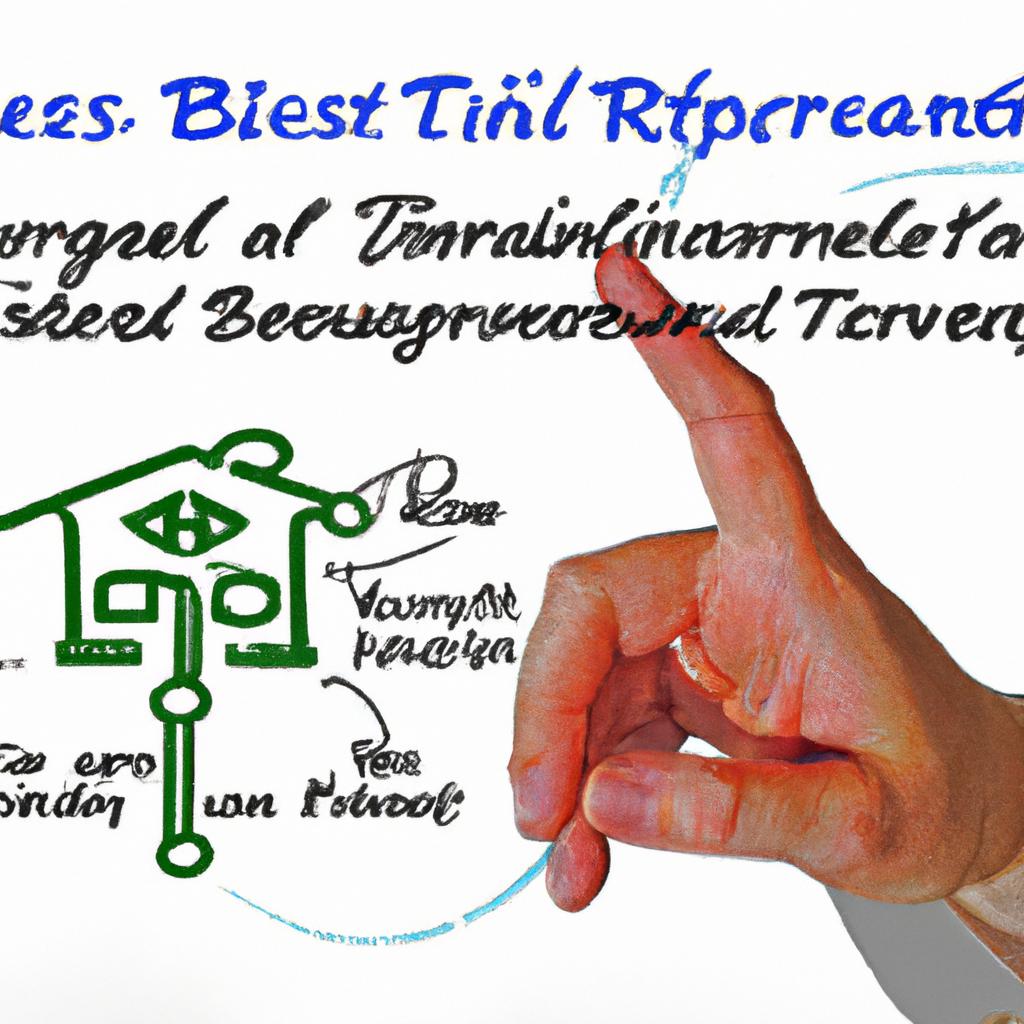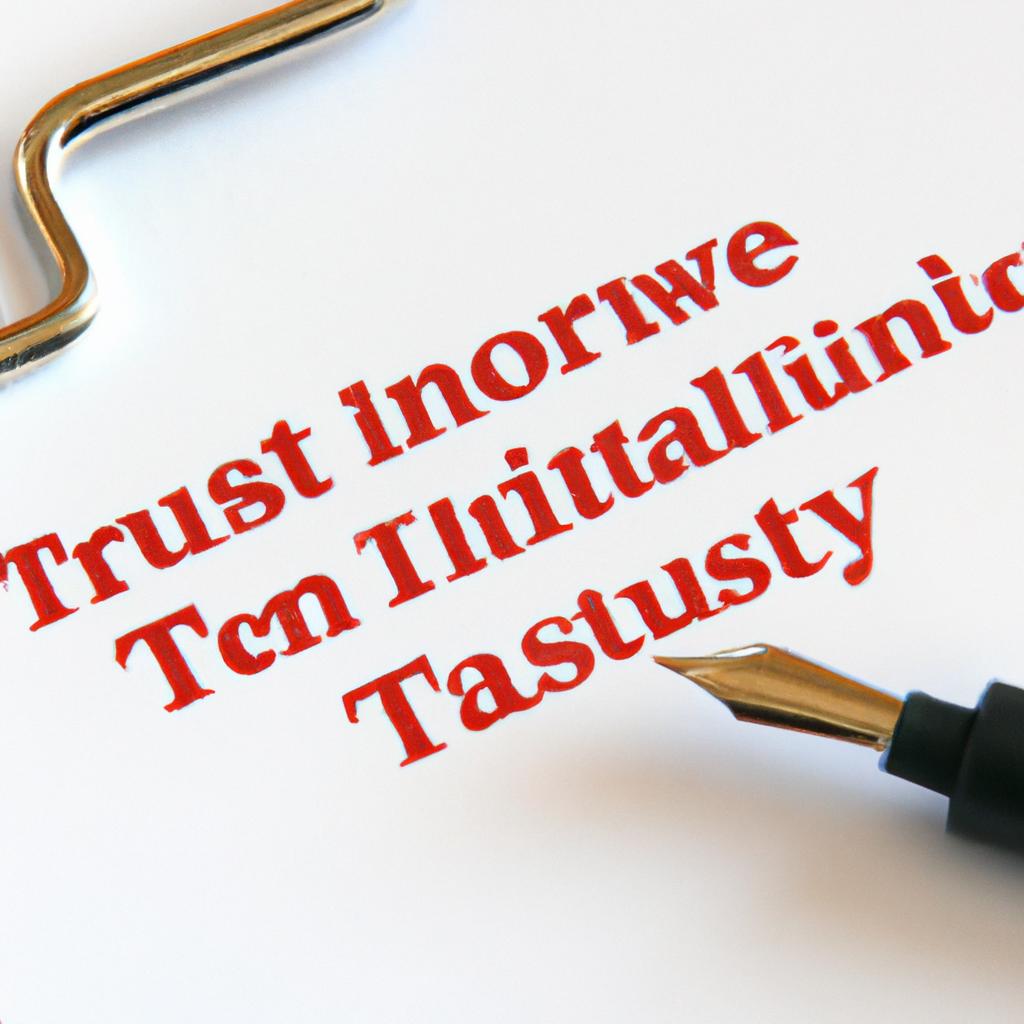As experienced legal professionals at Morgan Legal Group, based in the bustling metropolis of New York City, we often encounter queries about the complexities of estate planning, probate, and trusts. One common question that arises is: “What does putting a house in trust mean?” In this article, we aim to demystify this concept and provide clarity on the process of transferring ownership of real estate assets into a trust. With our expertise in estate planning and trust administration, we are here to guide you through the intricacies of this important legal undertaking.
Understanding the Concept of Putting a House in Trust
When you put a house in trust, you essentially transfer ownership of the property to a trust, which is a legal entity that holds assets on behalf of a beneficiary or beneficiaries. This means that the property is no longer owned by you personally, but by the trust itself. The trust then manages the property according to the terms laid out in the trust agreement.
Putting a house in trust can have several benefits, including:
– **Avoiding probate:** When a property is held in trust, it does not have to go through the probate process, which can be time-consuming and costly.
– **Asset protection:** Placing a house in trust can protect it from creditors, lawsuits, and other potential threats.
– **Privacy:** Since trusts are private documents, the details of the trust agreement, including the ownership of the property, are not made public.
Benefits and Risks of Trust Ownership for Real Estate
Benefits of Trust Ownership for Real Estate
Putting a house in trust can offer a variety of benefits for real estate owners. One major advantage is the ability to avoid probate, which can be a time-consuming and expensive process. By transferring ownership of a property to a trust, the property can pass directly to beneficiaries upon the owner’s death, without the need for court involvement.
- Privacy: Trust ownership allows for privacy in the transfer of property, as trusts are not public documents like wills.
- Asset protection: Trusts can provide protection against creditors and lawsuits, safeguarding the property from potential risks.
- Tax benefits: Certain types of trusts can offer tax advantages, such as reducing estate taxes for beneficiaries.
Risks of Trust Ownership for Real Estate
While trust ownership can offer significant benefits, there are also risks to consider. One potential drawback is the cost of setting up and maintaining a trust, which can vary depending on the complexity of the trust agreement and the value of the property.
- Loss of control: Putting a house in trust means relinquishing some level of control over the property, as the trustee will have legal authority to manage and distribute the assets according to the terms of the trust.
- Complexity: Trust ownership can be complex and may require ongoing legal and financial management to ensure compliance with trust laws and regulations.

Implications of Trust Ownership on Estate Planning
Putting a house in trust involves transferring ownership of the property to a trust, with a trustee managing it on behalf of the beneficiaries. This process has several implications on estate planning that individuals should consider when making such a decision.
One major implication is that placing a house in trust can help avoid probate, ensuring a smoother transfer of assets to heirs upon the owner’s passing. Additionally, trust ownership can provide asset protection for beneficiaries, minimizing the risk of creditors or lawsuits affecting the property. Furthermore, trusts offer privacy benefits as they do not go through probate, keeping the details of the asset transfer confidential. In terms of taxes, placing a house in trust can also have implications on estate taxes, potentially reducing the overall tax burden for beneficiaries.
Key Considerations When Deciding to Put a House in Trust
When considering putting a house in trust, there are several key factors to take into account to ensure that the process is carried out effectively and in line with your estate planning goals. One important consideration is the type of trust that will best suit your needs. There are various types of trusts, such as revocable trusts, irrevocable trusts, and living trusts, each with its own set of advantages and disadvantages.
Additionally, you must carefully consider who will serve as the trustee of the trust. The trustee plays a crucial role in managing the trust assets and distributing them according to your wishes. It is essential to choose someone who is trustworthy, capable, and responsible. Finally, it is important to think about how putting your house in trust will impact your overall estate plan and financial situation. Consulting with an experienced estate planning attorney can help you navigate these considerations and make informed decisions.
Q&A
Q: What does putting a house in trust mean?
A: Putting a house in trust involves transferring ownership of the property to a trust entity, managed by a trustee on behalf of the beneficiaries.
Q: Why would someone choose to put their house in trust?
A: Putting a house in trust can offer numerous benefits, such as asset protection, tax advantages, and avoiding probate.
Q: Who are the parties involved in a trust for a house?
A: The parties involved typically include the grantor (property owner), trustee (manager of the trust), and beneficiaries (those who benefit from the trust).
Q: Can a house in trust be sold or transferred?
A: Yes, a house in trust can be sold or transferred, but the trustee would need to handle the legal process on behalf of the trust.
Q: What are some potential risks or drawbacks of putting a house in trust?
A: Some potential risks include loss of control over the property, complexities in trust administration, and potential disputes among beneficiaries.
Q: How does putting a house in trust differ from a will?
A: Putting a house in trust allows for more immediate control and management of the property, whereas a will dictates how the property should be distributed after the owner’s death.
Q: Are there different types of trusts for houses?
A: Yes, there are various types of trusts for houses, including revocable trusts, irrevocable trusts, and special needs trusts, each offering different advantages and limitations.
In Conclusion
In conclusion, putting a house in trust can offer numerous benefits such as asset protection, estate planning, and privacy. By transferring ownership to a trust, individuals can ensure their property is managed according to their wishes and provide for their loved ones in the future. Understanding the complexities of trust ownership and seeking legal advice can help navigate the process and make informed decisions. Ultimately, putting a house in trust can be a valuable tool for securing the future of your home and assets.

